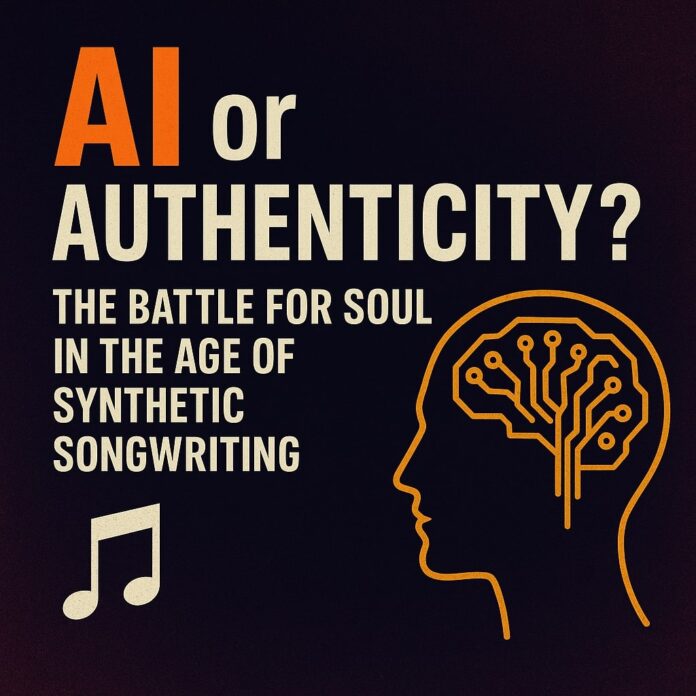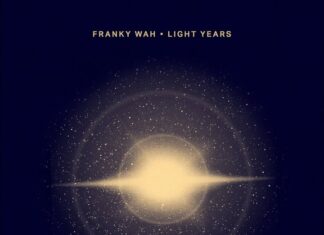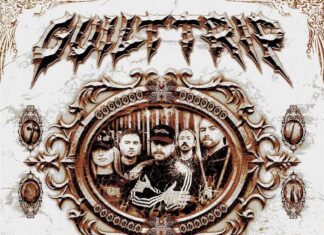
AI or Authenticity? The Battle for Soul in the Age of Synthetic Songwriting
The rise of artificial intelligence in music is reshaping the relationship between technology and creativity. As machine learning models compose melodies, harmonies, and lyrics that rival human artistry, listeners are facing a new question: When algorithms can mimic emotion, melody, and vulnerability — what does authenticity really mean?
The Rise of AI-Generated Music
Only a few years ago, AI music seemed like science fiction. Today, advanced neural networks can produce professional-quality songs across every genre. With intuitive AI music generators now available to anyone, the ability to create complex compositions has been fully democratized. A single creator can now generate a complete pop track or cinematic score in minutes — no studio, instruments, or training required.
This shift has unlocked boundless creative potential but also sparked unease among musicians and listeners alike. If an algorithm can write a hit song, what happens to the human spark that has always defined great music?
The Authenticity Dilemma
At the center of this debate is a timeless question: Can art be authentic if it’s created by an algorithm? Music is more than sound — it’s emotion translated into vibration. We connect with the imperfections: the cracked vocal, the missed note, the lyric born from heartbreak. AI can now simulate those imperfections, even “learn” to sound vulnerable. But simulation is not sincerity.
Authenticity, for many listeners, comes from knowing there’s a real human behind the sound — someone who lived the emotion they’re expressing. As AI grows more capable, that sense of connection may become harder to preserve.
The Democratization of Creativity
There’s no denying that AI tools have made music creation more accessible than ever. In the past, producing a high-quality song required access to expensive studios and technical expertise. Now, anyone can generate professional-grade music with nothing but a laptop. This democratization is empowering a new wave of creators and breaking down long-standing industry barriers.
Yet with accessibility comes oversaturation. When millions of tracks can be generated instantly, the question shifts from how music is made to why it’s made — and whether audiences will still seek out the human imperfections that give songs their soul.
What Makes Music “Human”?
Beyond melody and production value, music’s true power lies in its story. Fans don’t just listen to artists; they connect with their journeys — their struggles, triumphs, and heartbreaks. That narrative may be the final bastion of authenticity in a synthetic age.
An AI might perfectly replicate a singer’s tone or a guitarist’s phrasing, but it can’t experience loss, joy, or longing. It can only approximate those emotions. The distinction between feeling and replicating feeling could define what we value most in the next era of music.
Will Listeners Care?
Interestingly, many listeners might not care who — or what — created a song, as long as it moves them. On streaming platforms, AI-generated tracks can blend seamlessly into playlists. The line between human and synthetic artistry becomes increasingly blurred.
For some, the source may not matter; for others, it’s everything. Context could be the deciding factor: a track presented as human-made may invite deeper emotional scrutiny, while one openly labeled as AI-generated might be appreciated as a new digital art form in its own right.
The Future: Collaboration, Not Competition
Rather than replacing human creativity, AI could become its most powerful collaborator. Artists are already using algorithms to inspire chord progressions, generate lyrics, or create sounds beyond the limits of traditional instruments. The future may not be a battle between humans and machines, but a partnership where technology amplifies human emotion.
Conclusion: The Soul of Song in a Synthetic Age
The question is no longer whether AI can make music — it can, and often beautifully. The deeper question is whether audiences will continue to crave the imperfect humanity that makes music timeless. In a world awash with machine-made melodies, authenticity may become the ultimate currency.























 🔥 Limited Time: Get 55% OFF All Plans - Ends in:
🔥 Limited Time: Get 55% OFF All Plans - Ends in: